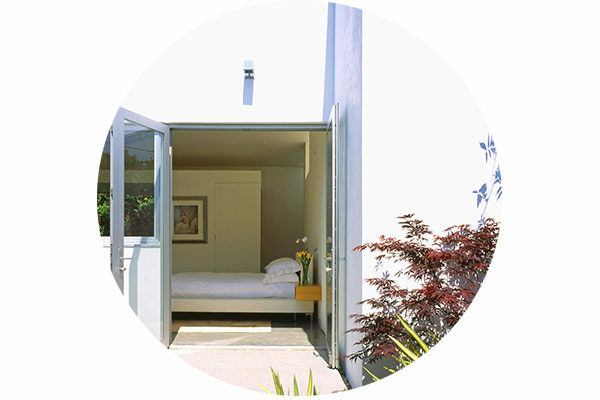
Helpful Tips
Start saving for a down payment early
It’s fairly common to put 20% down on a loan for a home purchase. However, many lenders now have programs that permit much less, such as 5-10% and first-time home buyer programs can allow as little as 3% down. Gift funds from parents, relatives, etc are also an option for a downpayment.
Determine how much home you can afford
Before you start looking for your dream home, find out what you can afford and actually falls within your price range. Contact a mortgage lender to discuss your various income and options.
Check your credit score
Your credit score will be one of the key factors in whether you’re approved when applying for a mortgage loan, and it will help determine your interest rate and possibly the loan terms. Contact a lender to help evaluate and check your credit. They may advise and assist with the dispute of any errors that could be dragging down your credit score and can look for opportunities to improve your credit, such as making a dent in any outstanding debts.
Stop any new credit activity
If you’re applying for a mortgage soon, you should avoid opening new credit accounts to keep your score from dipping. Any time you open a new credit account, whether to take out an auto loan, large purchase financed items or apply for a new credit card, the lender runs a hard inquiry, which can temporarily reduce your credit score.
Budget for closing costs and cash reserves
In addition to saving for a down payment, you’ll need to budget for the money required to close on your new property as well as fees associated with loan approval. Closing costs can include things such as; homeowners insurance, home inspections and title insurance, appraisals, escrow fees, lender fees, documentation and storage fees, notary charges and others. Many lenders will also require that you have a certain percentage of funds saved in reserves, so that your accounts are not completely empty after a property purchase.
Set aside money for after loan closing and move-in
Everyone wants to make a new home their own. You may want to purchase new furnishings, appliances, rugs, updated fixtures, new paint and any other touches you’ll want to have when you move in. Oh and don’t forget about moving expenses.
Consider the type of property to buy
You may assume you’ll buy a single-family home, and that could be ideal if you want a large lot or a lot of room. But if you’re willing to sacrifice space for less maintenance and extra amenities, a condo or townhome could be a better fit. Explore your options with a reputable real estate agent.
Get pre-approved
You can get prequalified, which provides you an estimate of how much a lender may be willing to lend based on your income and debts. As you get closer to buying a home, it’s smart to get a pre-approval, where the lender thoroughly examines your finances and confirms in writing how much it’s willing to lend you and at what terms. This will require copies of pay stubs, tax returns, bank statements, and various other personal and financial information. Contact a mortgage lender early in your home buying search, it’s recommended to start with a lender before searching for a home.
Hire the right real estate agent
The right buyers agent should be highly skilled, experienced and knowledgeable about the area. In strong markets, negotiation skills are paramount. With the open-sharing of MLS listings across the internet, today an agents job is less about finding you the property and more about helping you acquire it and get you through the many contractual and escrow hurdles and inspection process along the way. You’ll be working closely with your real estate agent, so it’s essential that you find someone you can work with well.
